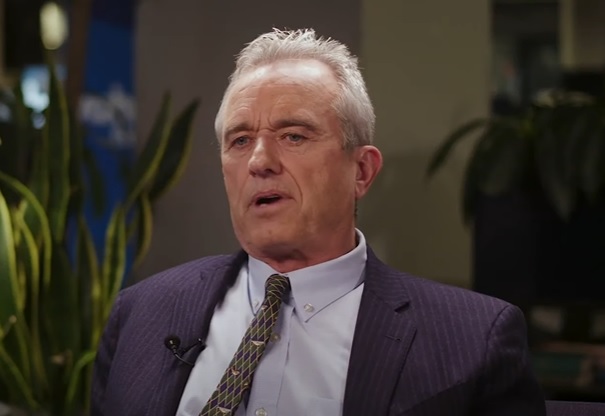
Robert F. Kennedy Jr. Rebuffs Biden’s Crypto Tax Proposal
Robert F. Kennedy Jr., the latest presidential candidate and a member of one of the most famous U.S. political families, criticized President Joe Biden‘s proposed 30% tax on cryptocurrency mining, calling it a “bad idea.”
Kennedy believes that cryptocurrencies, such as Bitcoin BTC/USD serve as a significant innovation engine and that the U.S. government should not hinder the industry or drive innovation elsewhere.
While acknowledging energy use concerns, Kennedy argued Bitcoin mining’s energy consumption is on par with that of video games, which face no such calls for bans or taxation.
He suggested the environmental argument is a selective pretext to suppress anything that threatens elite power structures, like Bitcoin. Furthermore, Kennedy pointed out that it’s not just criminals who seek privacy but also dissidents and ordinary citizens.
He also asserted that governments use control over bank accounts and payment platforms to harass enemies and suppress dissent.
According to Kennedy, until trust in government is restored, cash and cryptocurrencies are essential to ensuring freedom.
“Just as a biodiverse ecosystem is a resilient ecosystem, so too will our economy be more resilient if it has a diverse ecology of currencies, not just a single, centrally controlled one. We are seeing today how fragile our over-centralized system is,” he stated.
RFK has been a critic of other things digital-related pertaining to the government in recent times. Last month, he called the Federal Reserve’s FedNow system “the slippery slope to financial slavery and political tyranny.”
The FedNow payment program is a new service that will enable instant payments in the United States. It is a new instant payment infrastructure developed by the Federal Reserve that will allow financial institutions of every size across the U.S. to provide safe and efficient instant payment services.
The platform is being built on the Fed’s Fedwire Funds Service, already used by banks to settle large-value transactions. It will provide a new option for banks to settle smaller payments in real time, using a more modern and efficient infrastructure.



